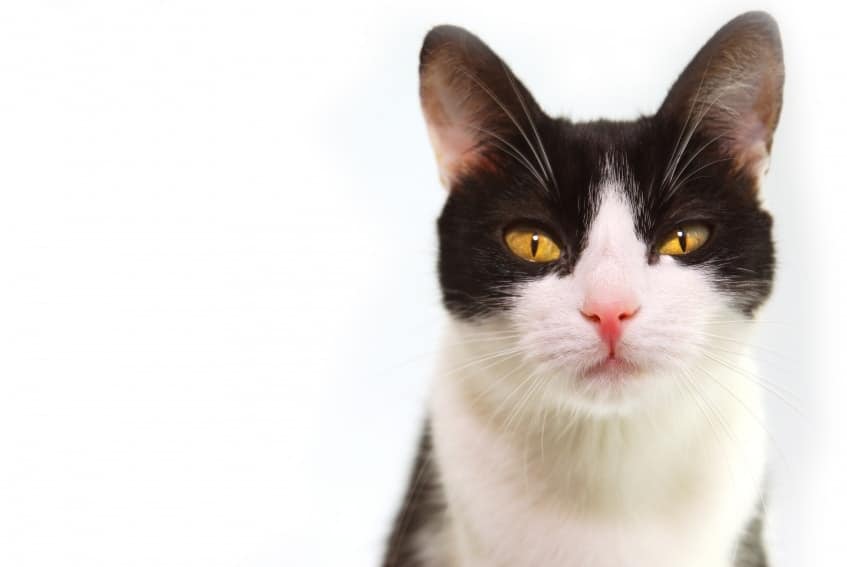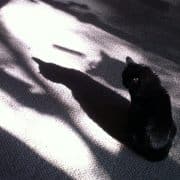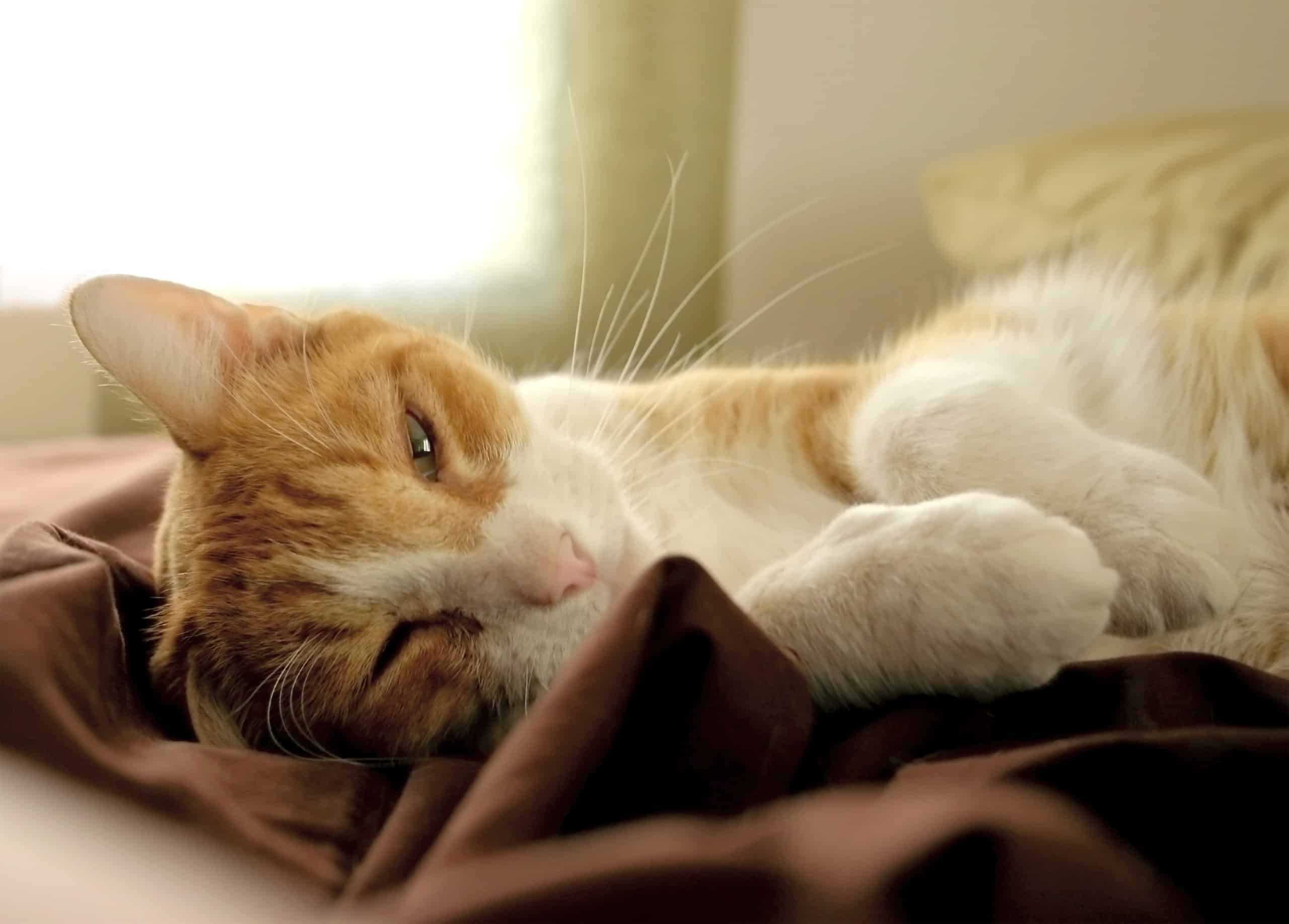
Pets can get depressed. I know. I have a sad cat. She’s not as sad as she used to be, but she still has periods of depression. She’ll lay with her tiny black head resting on her paws and look up at me mournfully as I pass. I can practically hear her sigh. Depression is actually normal in animals, just like it is in humans. It’s a normal response to anxiety. No one, I suppose, can be happy all the time. But, prolonged depression can be a sign of illness or can lead to the illness itself. But, don’t worry, if you do have a sad, emo cat or dog, there are some things you can do to cheer them up.
Morwen was first sad as an adolescent cat. At four months old, she developed mammary hyperplasia and false pregnancy. The vet recommended that she be spayed immediately and her mammary swelling went down within a few weeks. But, she was sad. Her little body was flooded with hormones that made her highly emotional. She didn’t play, she ate less, and she lay listlessly looking out the window. Fortunately, Morwen’s unhappiness resolved itself without her having to be given anti-depressants. Once her kitty hormones calmed down, she was back to her usual spider-chasing self. But, I’ve noticed that she seems to have little bouts of depression. They last a day or so. The vet assures me that there’s nothing wrong with her. She’s just sad sometimes. If it rains a lot and she can’t go out on the deck, if the other cats steal her toys, if I accidentally buy the wrong flavor of cat food, she’s liable to plop down on the floor and give me sad eyes. She sometimes continues the sad eyes for a day or two, but then she’s okay again. I’m sort of a sad person myself, so I don’t fault her for her less-than-cheerful demeanor.
Caring for your emo cat…
I’ve talked to my vet a lot about my sad cat and about pet depression in general. Cats and dogs, especially indoor ones, seem more sensitive to depression. New people, new pets, new food or litter, or even new furniture can cause them to be blue. Changes, especially for cats, are viewed as invasions of their territory and sometimes result in a loss of confidence and depression. Older cats, which are even more reliant on routine, are more likely to get depressed than young kitties. And, pets do grieve. A loss of a person or another pet upsets them–as does tension within a household. Fighting or even your depression can cause your pet great anxiety. But, what can you do? You certainly can’t promise Fido or Fluffy that you’ll never weep again or that you won’t yell when your three-year-old Crayolas the living room wall. But there are lots of things you can do to ease stress for your pets.

Addressing severe depression for your emo cat…
For severe depression, you should consult your vet. There are anti-depressants available for your pet. Amitriptyline and Fluoxetine (Prozac)
Compulsive behaviors, such as pulling out fur or excessive licking, mewing or barking, aggression, and hiding can be signs of depression. Poor appetite, refusal to groom (for cats), excessive sleeping, litter box changes, and loss of interest in play are also signs that your pet is sad. You know your pet best. If he or she acts sad, they probably are. Pets, like people, have emotions. Most of the time, they just need a little more attention from you to get passed a sad spell. Morwen’s fine now. She’s sitting on my lap watching a moth outside the window. Her little tail is twitching. She may be sad again tomorrow, but today there’s a warm lap and a moth. What could be better than that?




